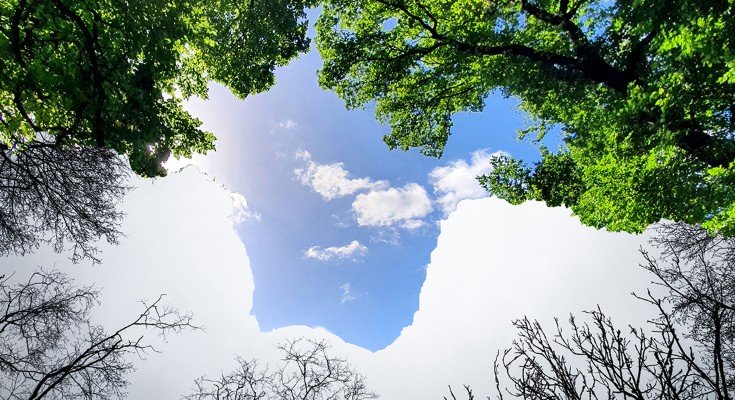New Delhi: The national capital has recorded its longest clean air spell of the year, with the Air Quality Index (AQI) remaining in the ‘satisfactory’ category for 12 consecutive days, thanks largely to intermittent rainfall and favorable weather conditions. According to the Central Pollution Control Board (CPCB), Delhi’s AQI was recorded at 85 at 4 PM on Monday, a figure well within the ‘satisfactory’ range.
The clean-air streak began on June 26, when the AQI dropped from 134 (moderate category) on June 25 to 94, pushing it into the ‘satisfactory’ band. Since then, the levels have consistently remained below 100 — a rare and welcome trend in a city often plagued by poor air quality, especially during the summer and winter months.
As per the CPCB classification, an AQI reading between 51 and 100 is considered ‘satisfactory’, while values between 101 and 200 fall under the ‘moderate’ category. Levels above 200 signal worsening conditions, ranging from ‘poor’ to ‘severe’.
This improvement in air quality coincided with a spell of light to moderate rainfall across Delhi over the past few days. On Monday, the India Meteorological Department (IMD) recorded 12.0 mm of rain, which contributed to the dispersion of pollutants and cooling of the atmosphere. Visuals from several parts of the city showed waterlogged streets, overcast skies, and commuters navigating puddles — typical scenes during Delhi’s monsoon season.
Despite the rainfall, Delhi recorded a maximum temperature of 35°C on Monday — 1.6 degrees Celsius above the seasonal average. The minimum temperature was 22.9°C, while relative humidity stood at 73 percent at 5:30 PM. The IMD has issued a yellow alert for Tuesday, forecasting more light to moderate rainfall accompanied by thunderstorms. The maximum and minimum temperatures are expected to hover around 34°C and 24°C, respectively.
Experts say the combination of rainfall and increased humidity is responsible for the improved air quality. “Rain acts as a natural scavenger, helping to clear suspended particulate matter and pollutants from the air,” said a senior CPCB official.
Delhi residents, long accustomed to smog-filled skies and health advisories, have welcomed the reprieve. However, environmentalists warn that such spells are usually temporary and advocate sustained policy action and emissions control to ensure long-term improvement.
For now, Delhiites can breathe a little easier — and hope that the trend continues in the days to come.








